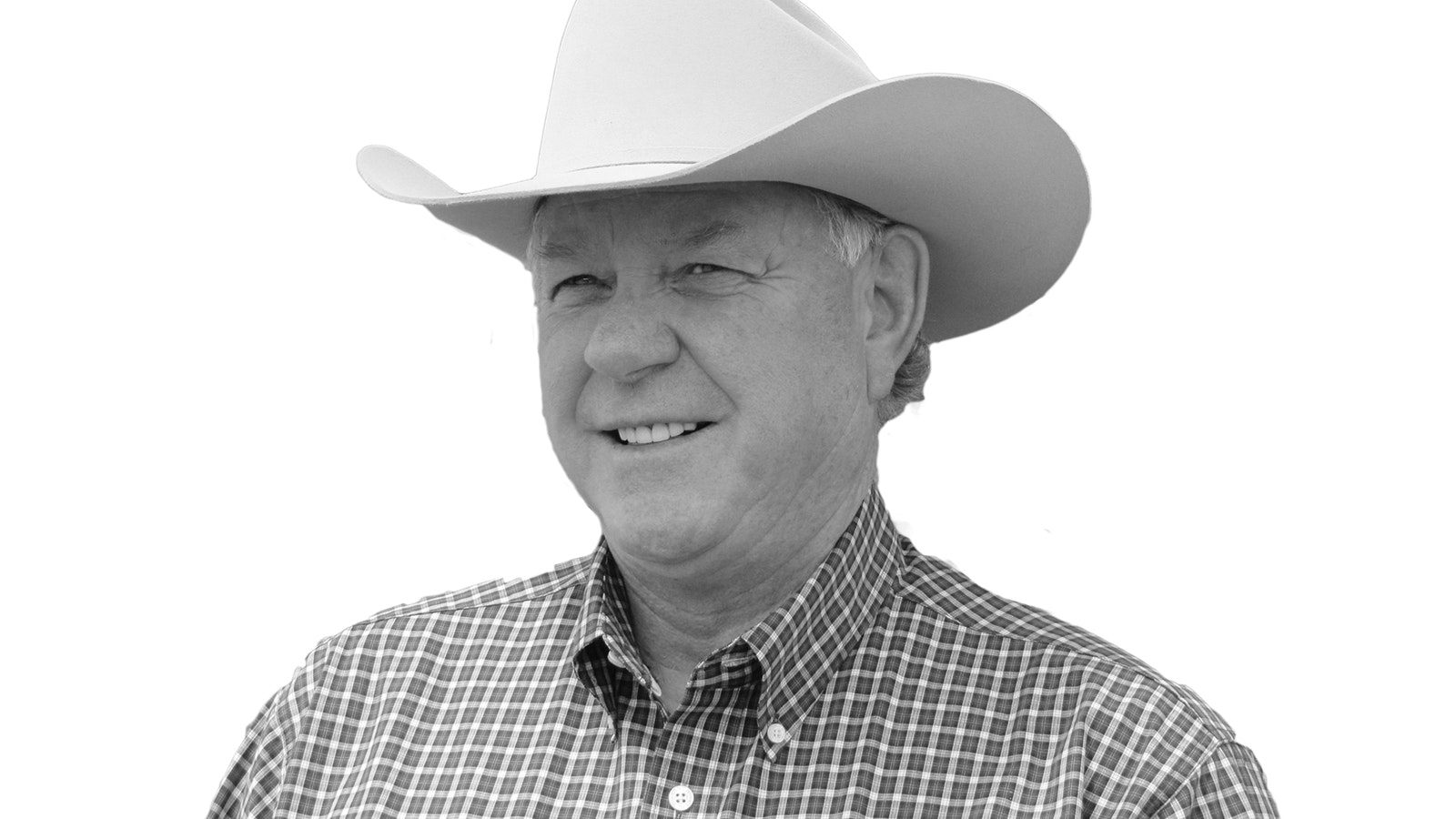A recent study published by the University of Wyoming (UW) noted sage grouse are suffering from unmanaged, high numbers of wild horses in Wyoming’s various herd management areas (HMAs).
I, like most everyone else, like to see a herd of horses out grazing or running across the hills, but if I see too many, I know there are likely problems out there caused by the high numbers of horses.
Years back, we had Bureau of Land Management (BLM) permits to graze cattle on Green Mountain and the eastern Red Desert where there were a number of wild horses. On the Green Mountain allotment, we put up fence to keep cattle out of the high country in order to let the grass grow, but when we turned the cattle on to the high country around the later part of June, the riparian areas were already grazed off.
The ranch was involved in a Coordinated Resource Management (CRM) group made up of stakeholders to help coordinate communication and management of some 550,000 acres of state, BLM and private lands on the ranch.
The CRM agreed to fund a study, led by Kelly Crane who was pursuing his master’s at the time, to see what animals were grazing the riparian areas.
We took fecal samples of cattle, elk, deer, antelope and feral horses once a month in the early spring and early summer. We sent the samples to a lab to see what grasses the animals were eating, and the results showed it was mainly horses eating all of the grass in the riparian areas. So, it proved BLM needed to keep horses to a manageable level.
The CRM also showed large numbers of horses hurt other wildlife around water wells or reservoirs. On summer days, the horses hung around the watering holes all day and didn’t allow any wildlife to get close enough to drink.
Now, this latest study says, “Results show clear correlations the horses are harming the sage grouse.”
The study also notes, “Net survival decreased four percent for birds living among the at-objective herd population. It tumbled another eight percent when horse numbers were three times the population goal.”
Sage grouse chicks were more affected.
“In areas where free-roaming horse numbers were triple the goal, survival rates were knocked down by 18 percent during each of the two different stages of brood life,” the study adds.
It continues, “The Wyoming research provides a clearer picture of how higher densities of horses are affecting sage grouse by suppressing survival rates. Some 11 percent of the Equality State’s sage grouse habitat occurs within BLM HMAs, and over 80 percent of the areas have populations exceeding the goal.”
The BLM is rounding up all of the wild horses in Adobe Town and Rock Springs Grazing Association lands south of I-80. Wild horses will still be in the White Mountain HMA.
It will be interesting to see how sage grouse and other wildlife will do without wild horses around in the coming years.
Dennis Sun is the publisher of the Wyoming Livestock Roundup, a weekly agriculture newspaper available online and in print.





